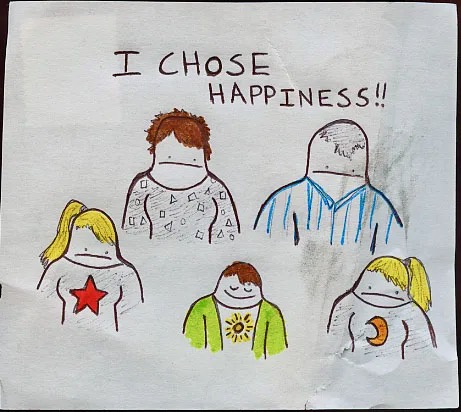
Late in life I’ve lost my country.
Everywhere there is the malice of unearned
power, top to bottom, bottom to top,
nearly solid scum. Very few can read or write.
Lucky for me we winter in this bamboo thicket
near a creek with three barrels of bird food.
With first light things seem a little better.



